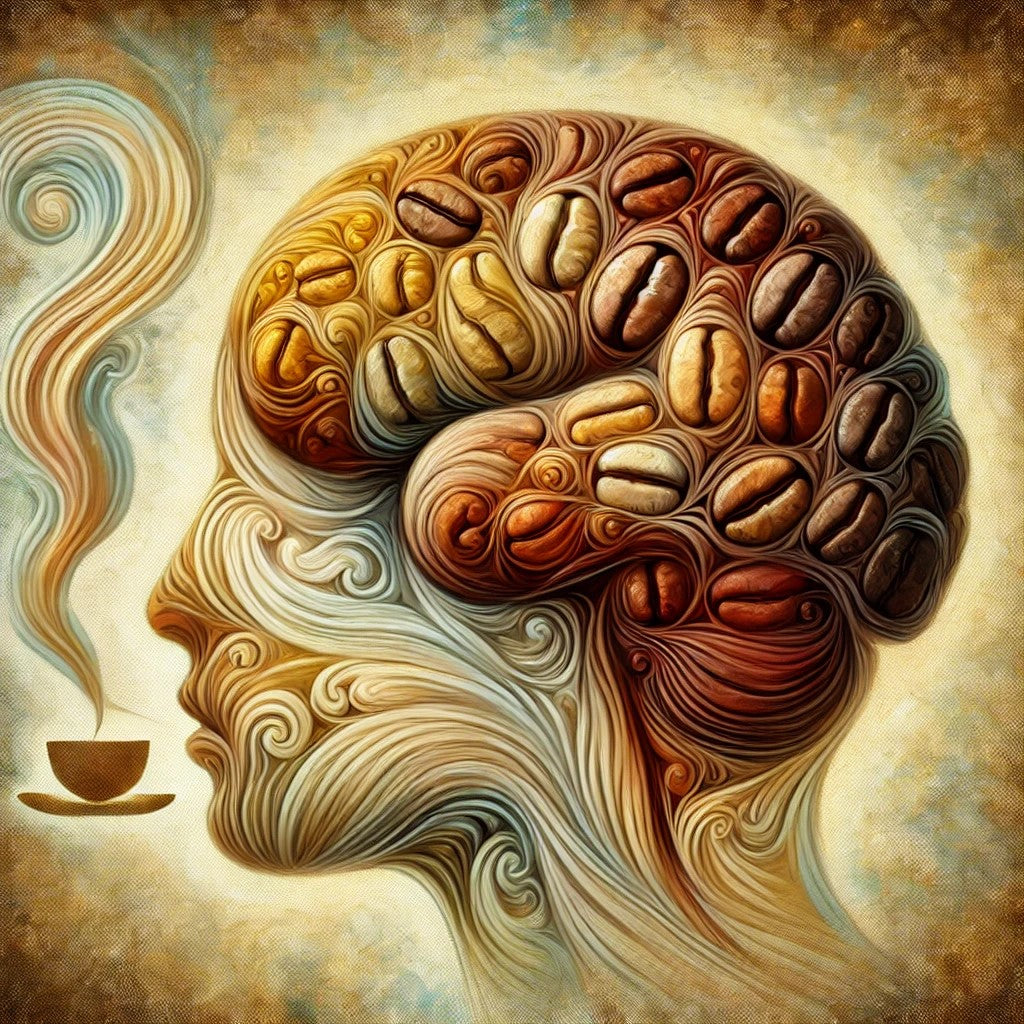For millions of people worldwide, coffee is more than just a daily ritual—it’s a pick-me-up, a moment of peace, and a way to recharge. But did you know that coffee may also offer important benefits for mental health? Research over the past decade has uncovered links between coffee consumption and lower rates of depression and suicide, shedding light on how this beloved beverage might help people stay both physically and mentally healthier. Here’s a look at how coffee can play a role in boosting mental well-being.
Coffee and Depression: A Surprising Link
Several studies have established a connection between regular coffee consumption and a reduced risk of depression. For example, a study published in the Archives of Internal Medicine showed that women who drank two or more cups of coffee per day had a 20% lower risk of developing depression compared to those who drank little or no coffee. Similar findings have emerged from research involving men, suggesting that coffee's mood-enhancing effects may benefit a broad population.
So, what’s going on inside your brain when you sip that cup of coffee? The primary active ingredient, caffeine, plays a major role. It stimulates the central nervous system by blocking adenosine receptors, which helps people feel more alert and energized. In doing so, caffeine promotes the release of dopamine and serotonin—two neurotransmitters linked to mood regulation. These mood-boosting chemicals are key to keeping depression at bay.
Coffee and Suicide Risk: Lower Rates, Powerful Effects
You know what's wild is the link between coffee consumption and a reduced risk of suicide. A long-term study from the Harvard School of Public Health found that people who drank 2–4 cups of coffee per day had a 50% lower risk of suicide compared to non-coffee drinkers. This relationship highlights coffee’s potential to positively affect brain chemistry by increasing the availability of neurotransmitters that help regulate mood, such as serotonin and dopamine.
For people struggling with mood disorders or those feeling low, this boost can be significant. Depression is often marked by reduced levels of these feel-good chemicals, and coffee's ability to naturally raise them may offer some relief.
Anti-inflammatory and Antioxidant Properties
Beyond caffeine, coffee contains several compounds with anti-inflammatory and antioxidant properties, such as polyphenols and chlorogenic acids. These compounds help combat inflammation, which has been increasingly linked to mental health disorders, including depression. Chronic inflammation in the brain can affect mood and cognitive function, contributing to the onset of depressive symptoms. By reducing inflammation, coffee may act as a protective factor, lowering the risk of mood disorders.
The antioxidant content in coffee also helps to combat oxidative stress, another factor believed to play a role in depression. Over time, oxidative stress can damage cells, including those in the brain, leading to cognitive decline and mood disturbances. Coffee’s antioxidants work to neutralize this damage, offering another layer of protection for mental health.
Moderation is Key
While the evidence supporting coffee’s mental health benefits is promising, moderation is essential. Most studies suggest that the optimal mental health benefits of coffee are seen with moderate consumption—typically 2–4 cups per day. Drinking too much coffee can lead to anxiety, jitteriness, and even insomnia, especially in people sensitive to caffeine. These side effects can exacerbate mental health challenges rather than alleviate them. SO, take it easy folks!
Let's wrap this up
Coffee’s potential to reduce the risk of depression and suicide is an exciting area of research, underscoring the powerful role that simple dietary choices can play in mental health. With its mood-boosting effects, anti-inflammatory properties, and cognitive benefits, coffee can be a valuable tool in supporting mental well-being. However, as with most things in life, balance is crucial. By enjoying coffee in moderation, you can reap its mental health benefits while minimizing potential downsides.
Next time you pour yourself a cup of coffee, you can savor not only its rich flavor but also its potential to support a healthier, happier ...you.

